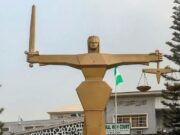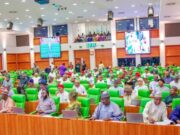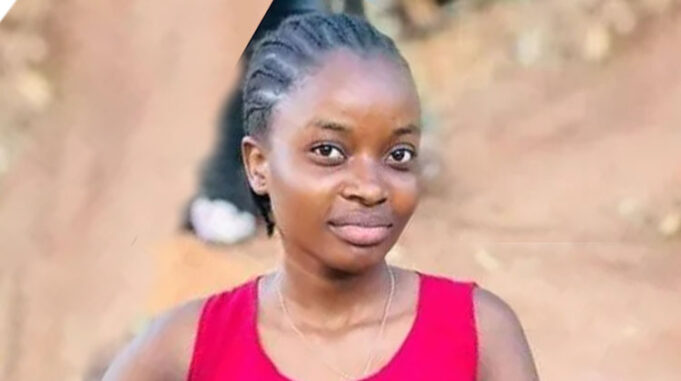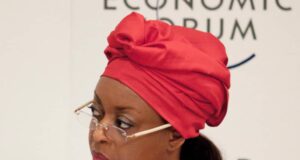The ECOWAS Court of Justice has ordered the Nigerian government to pay ₦10 million in compensation to Glory Okolie, a student who was unlawfully detained and mistreated by the police.
The ruling, delivered on Thursday, November 21, 2024, also mandates the government to implement measures to prevent similar human rights violations in the future.
Okolie, who was arrested on June 13, 2021, was held without judicial authorization.
Along with the One Love Foundation and the Incorporated Trustees of Behind Bars Human Rights Foundation, Okolie filed a case against the government, claiming she was denied legal representation, subjected to forced labor, and physically abused during her detention.
The plaintiffs argued that Okolie’s treatment violated the African Charter on Human and Peoples’ Rights and the Revised ECOWAS Treaty, seeking reparations for the unlawful actions against her.
In its defense, the Nigerian government argued that Okolie had alleged ties to the Indigenous People of Biafra (IPOB), a group banned in Nigeria for its suspected involvement in terrorist activities.
The government maintained that her detention was necessary for national security reasons.
However, in a ruling sent via email to our correspondent, Justice Ricardo Gonçalves stated that Okolie’s prolonged detention without judicial oversight violated her fundamental rights to liberty and a fair trial under Articles 6 and 7 of the African Charter.
The court condemned her treatment as a clear human rights violation.
“The court has therefore ordered the Federal Government to pay Glory Okolie ₦10 million in damages and cease all forms of harassment against her,” the judgment read.
It also emphasized the need for safeguards to prevent such violations from happening again.
The court, however, dismissed the claims made by the two non-governmental organizations (NGOs) involved in the case, citing procedural issues.
The three-member panel that adjudicated the case included Honourable Justice Ricardo Cláudio Monteiro Gonçalves (presiding judge), Honourable Justice Sengu Mohamed Koroma, and Honourable Justice Edward Amoako Asante.

















